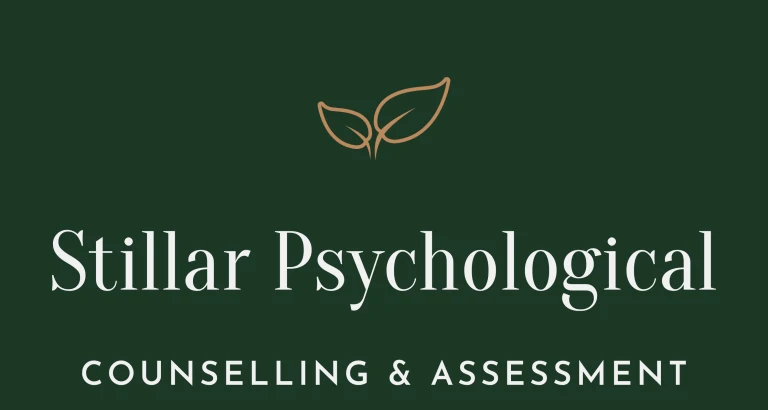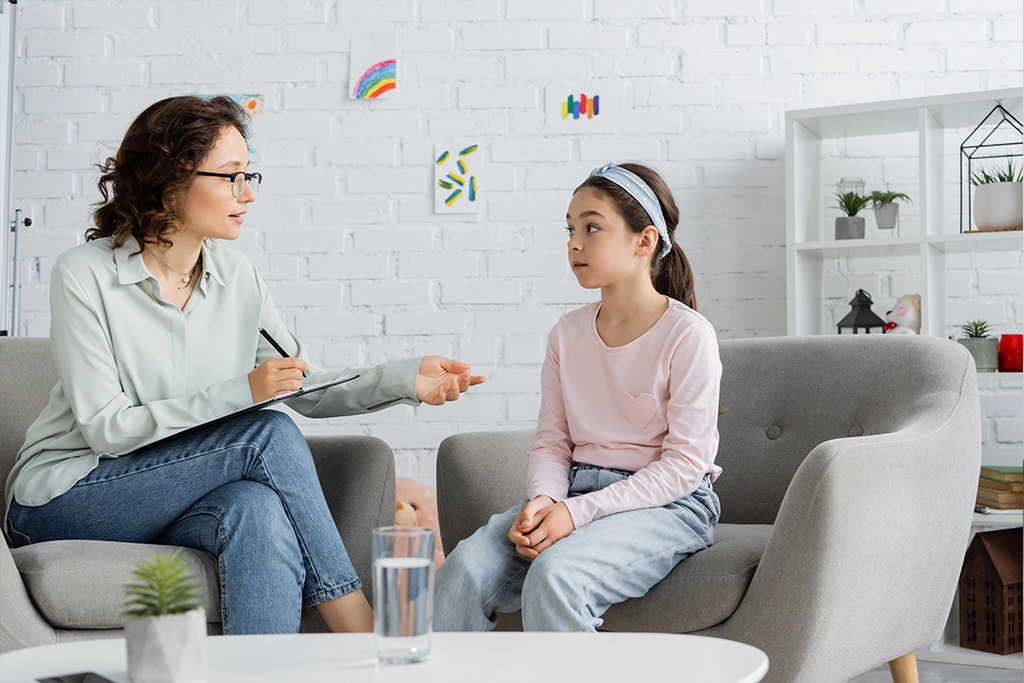Relationships are intricate webs of emotions, experiences, and shared moments. However, amidst the beauty of togetherness, there can also be moments of separation anxiety that creep into the fabric of our connections. Whether triggered by physical distance, past traumas, or attachment styles, separation anxiety in relationships can cast a shadow on the bond between partners.
In this guide, we’ll explore the nuances of separation anxiety and offer practical tips for navigating its challenges. Understanding and addressing separation anxiety head-on can cultivate healthier, more resilient relationships.
Understanding Separation Anxiety in Relationships
Separation anxiety in relationships manifests as a deep-seated fear or apprehension about being apart from a loved one. It can stem from various sources, including childhood experiences, past relationship dynamics, or unresolved attachment issues. Common signs of separation anxiety may include excessive worry about separation, fear of abandonment, and difficulty managing emotions when apart from a partner.
Recognizing Triggers and Patterns
The first step in addressing separation anxiety is identifying the triggers and patterns that contribute to these feelings. Reflect on past experiences and observe your emotional responses to periods of separation from your partner. Are there specific situations or circumstances that consistently evoke anxiety? By recognizing these triggers, you can begin to develop strategies for managing them more effectively.
Cultivating Emotional Independence
While relationships thrive on connection and intimacy, it’s also essential to cultivate a sense of emotional independence within yourself. Building a strong sense of self-esteem, self-reliance, and resilience can help mitigate the impact of separation anxiety. Engage in activities that bring you joy and fulfillment, invest in your personal growth, and maintain connections with friends and family outside of your romantic relationship.
Effective Communication and Reassurance
Open and honest communication is crucial in addressing separation anxiety within a relationship. Share your feelings and concerns with your partner, and encourage them to do the same. Discussing boundaries, expectations, and strategies for staying connected during periods of separation can help alleviate anxiety and strengthen trust between partners. Offering reassurance and validation to each other’s emotions can also foster a sense of security and stability in the relationship.
Building Trust and Security
Trust is the cornerstone of any healthy relationship, particularly when navigating separation anxiety. Take proactive steps to build trust and security within your relationship, such as honoring commitments, respecting boundaries, and being reliable and consistent in your actions. By fostering a foundation of trust, you can help alleviate fears of abandonment and promote a deeper sense of connection with your partner.
Seeking Professional Support
If separation anxiety in your relationship feels overwhelming or unmanageable, don’t hesitate to seek professional support. Anxiety specialists are trained to help individuals and couples navigate the complexities of separation anxiety and develop coping strategies tailored to their unique needs. Whether through therapy, counseling, or support groups, professional guidance can provide invaluable support in overcoming separation anxiety and strengthening your relationship.
Nurture Resilience and Connection with Us
Separation anxiety in relationships can pose significant challenges, but with understanding, communication, and support, it’s possible to navigate these hurdles together. By recognizing triggers, fostering emotional independence, and building trust and security, you can cultivate resilience and deepen your connection with your partner. Remember, you don’t have to face separation anxiety alone.
If you’re struggling with separation anxiety in your relationship, reach out to our anxiety specialists at Stillar Psychology today for personalized support and guidance. Together, we can nurture resilience and foster stronger connections in your relationship.





















